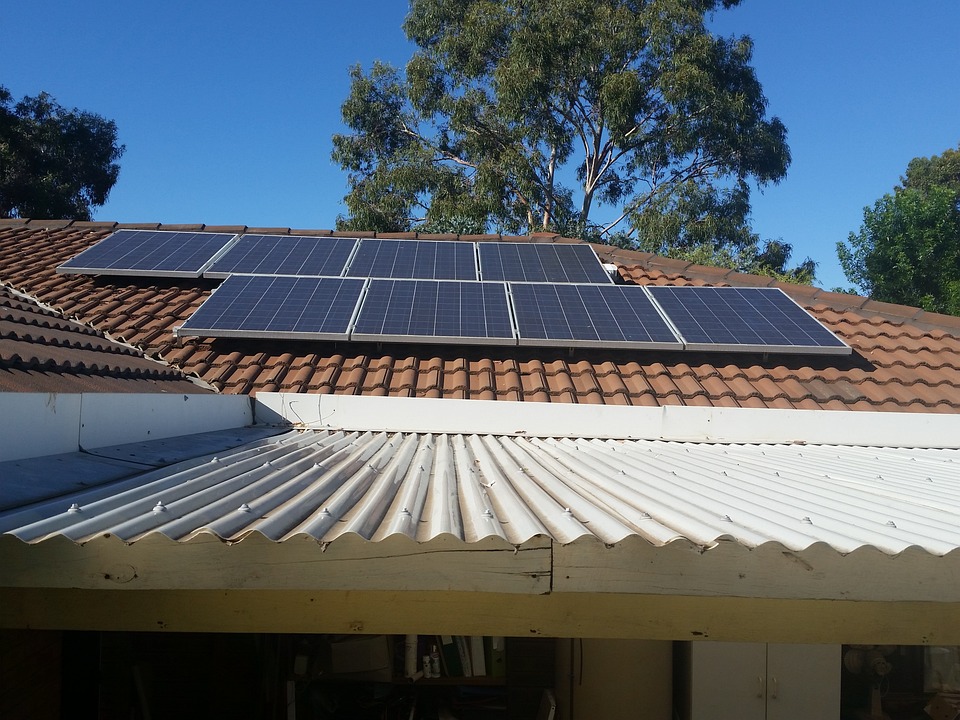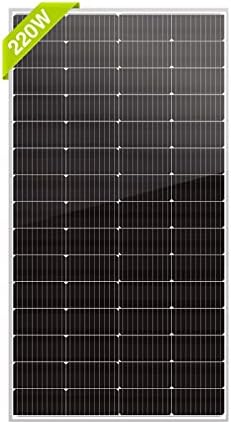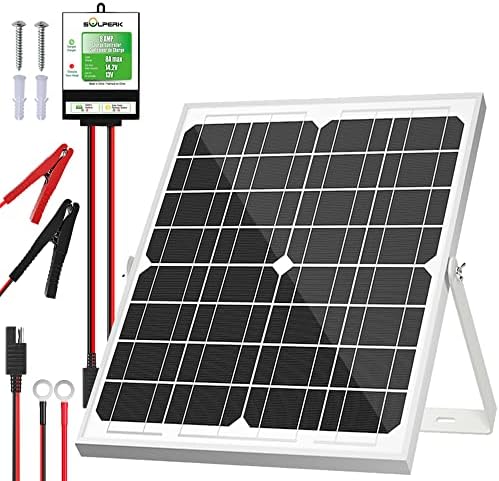Title: The Solar Revolution: Unveiling the True Economics of Solar Panels
Introduction:
Picture this: feeling the warm rays of the sun shining down while generating your own clean and renewable energy. This dream became a reality for me when I explored the incredible world of solar panels. Living off the grid has taught me the true value of these sustainable power sources and their economic benefits. In this article, we will delve into the exciting realm of solar panels, uncovering the true cost of embracing solar energy and how it can revolutionize not only your finances but also the planet.
Understanding the Economics of Solar Panels:
Solar panels have a reputation for being an investment reserved for die-hard environmentalists or wealthy individuals. However, the true cost of solar panels goes beyond the surface, presenting a plethora of economic advantages that are within reach for everyone.
1. Upfront Costs:
It’s essential to start by acknowledging the initial investment required for installing solar panels. The cost depends on various factors, including the system size, location, and quality. Overall, the price ranges from $10,000 to $30,000 in the United States for a typical household installation. While this may seem substantial, remember that solar panels have a lifespan of 25-30 years, making them a long-term investment that ultimately pays for itself.
2. Financial Incentives and Tax Credits:
Renewable energy has gained significant support, leading to various governmental incentives and tax credits that pave the way for greater affordability. Many states offer substantial rebates, grants, and tax credits, which can reduce the upfront costs significantly. Additionally, the federal Solar Investment Tax Credit (ITC) allows you to deduct 26% of the total installation costs from your federal taxes, further contributing to the affordability of solar panels.
3. Energy Independence and Savings:
Once the solar panels are installed, they become an energy-producing powerhouse, reducing or eliminating your reliance on traditional electricity providers. By generating your own clean energy, you become more self-sufficient and resilient to fluctuations in energy prices. Over time, the savings are extraordinary, and your solar panels pay for themselves through reduced or eliminated electricity bills.
4. Net Metering:
One of the most exciting aspects of solar energy economics is the concept of net metering. Many utility companies now allow residential solar panel owners to feed surplus electricity back into the grid. This excess energy earns you credits that are deducted from your electricity bill during times when the sun isn’t shining, such as at night. With net metering, you not only save money but also contribute to a more sustainable power grid.
5. Solar Renewable Energy Certificates (SRECs):
Certain states have implemented SREC programs to further compensate homeowners for generating renewable energy. These programs enable solar panel owners to earn credits for each megawatt-hour of electricity produced. The accumulated SRECs can then be sold to utility companies to meet renewable energy obligations, providing additional monetary benefits and faster return on investment.
Pro Tips:
1. Leverage Looming Energy Price Increases:
Consider the future economic benefits of solar panels by taking into account the traditional trend of rising energy costs. By installing solar panels, you hedge against this expected price surge, ensuring long-term savings and energy independence.
2. Size Your System Appropriately:
When it comes to solar panels, bigger isn’t always better; sizing your system according to your energy consumption patterns and available space is crucial. Consulting with a reputable solar installation company will help you optimize your system size and maximize your benefits.
3. Explore Self-Sustainability:
While solar panels generate clean electricity during the day, incorporating an energy storage solution, such as a battery, can further enhance your self-sustainability. These batteries store excess energy, allowing you to harness solar power during nighttime or rainy periods. With the costs of energy storage decreasing, it’s a worthwhile investment to consider.
4. Research Available Programs and Incentives:
The world of renewable energy is rapidly evolving, and new programs, grants, and incentives are continually being introduced. Stay informed and regularly research local, state, and federal initiatives to ensure you maximize your benefits when embracing solar energy.
Conclusion:
The economics of solar panels extend far beyond the initial investment. By understanding the value they bring in terms of financial incentives, energy independence, and long-term savings, you can unlock the true potential of solar energy. Not only do solar panels hold the power to transform your financial situation, but they also allow you to be an active participant in the global effort to combat climate change and build a sustainable future. So, go ahead, embrace the solar revolution, and bask in the glow of a brighter, and greener, tomorrow.



